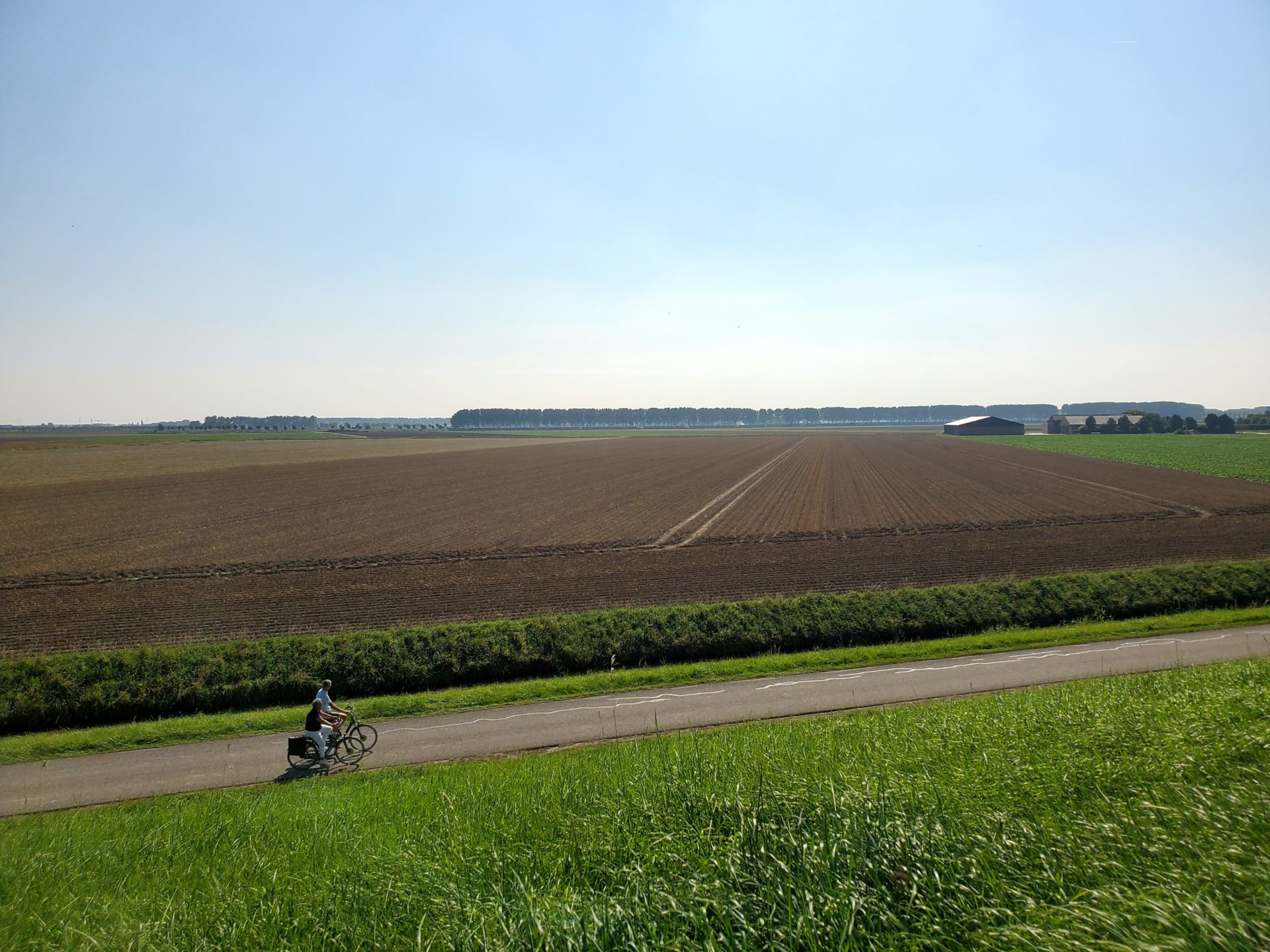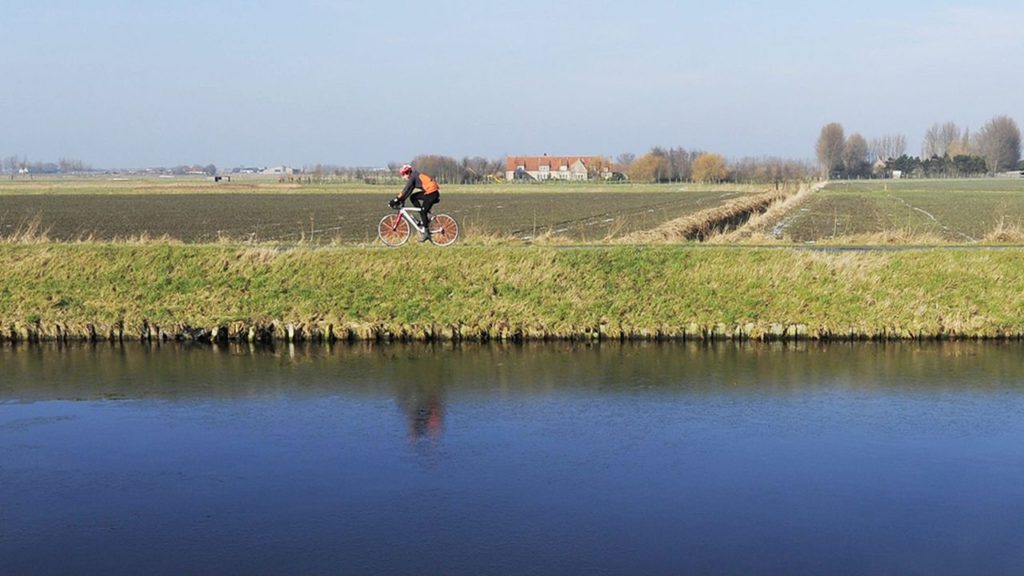Belgium is currently experiencing the second driest spring on record, and although rainfall is expected in the coming days, this will only be local and not nearly sufficient to recover from the current drought.
Excluding 2021, Belgium has increasingly experienced long, dry periods that start earlier in the year and are greatly affecting the country's already chronically deprived groundwater levels.
"We repeatedly see low or very low groundwater levels almost everywhere in recent years. Moreover, we notice that after periods of drought, groundwater levels were slow to recover," Marijke Huysmans, professor of hydrogeology at the VUB, told The Brussels Times.
Already in March, levels at half of the groundwater measurement sites in Flanders were very low for that time of year; by May, this was true for two-thirds of the measuring points in the region, highlighting the fragility of the water supply.
While the extremely wet summer of 2021 helped groundwater levels return to normal last year, the outlook for 2022 is bleak: "Since groundwater levels were measured it has hardly rained and it has been very warm. We expect groundwater levels to drop even further," Huysmans said.
Inefficient rainfall
Although thunderstorms and heavy localised showers are expected in the coming days, Huysmans was at pains to point out that this will not solve Belgium's problem.
"In the past three months, there has been so little rain that we are now experiencing a drought that, according to statistics, only occurs once every 50 years. Such a large precipitation deficit cannot be solved with a few days of rain," she said.
Furthermore, the ground is now so dry that it struggles to absorb rainfall. This could result in flooding, weather reporter Frank Deboosere told VRT News. Rather than short periods of heavy rain, days of steady rain would better replenish groundwater.
This is particularly disastrous for Belgium's farmers. One of the last strawberry farms on Belgian territory (located in the Hainaut commune of Brunehaut) is already suffering the consequences of the high temperatures and lack of rainfall.

A farm in Flanders. Photo by Helen Lyons/The Brussels Times
As temperatures climbed earlier than expected, the fruits ripen at twice the normal speed, meaning the harvest must be accelerated. "People are not prepared to eat twice as many strawberries. And a strawberry is not like an apple – when it's picked, it should ideally be sold the next morning," a farmer told Le Soir.
Rainfall can also be detrimental to people's perception of the drought: we tend to remember wet weeks and months much better than dry ones, Huysmans said. "That is why many people underestimate the drought problem and often think that the drought is over as soon as it rains for a few days."
Structural investments
While increased rainfall will not be the silver bullet in this crisis, a strategic plan to fight drought and water scarcity could be. On Monday, Flemish Environment Minister Zuhal Demir announced the region would be scaling up investments in the Blue Deal, a programme to combat drought and water scarcity.
This represents investments of over €20 million in structural measures to be implemented in 30 additional areas in Flanders. Among these are mechanisms to assist farmers and local investments for rural areas.
Related News
- Why is Belgium experiencing the second driest spring ever?
- Wallonia to receive €250 million loan to improve drinking water supply
- Water scarcity as floods rage: Belgium's climate change contradiction
Huysmans stressed the importance of the Blue Deal, not only for putting water scarcity on the agenda but the long-term investments that should prepare the region for the crisis. She urged immediate action to avoid the worst-case scenario: "Waking up when it is dry and there is no more water from the tap."
Long road ahead
Both Demir and Huysmans emphasise the immensity of the crisis: Flanders in particular is one of the most at-risk regions in Europe when it comes to drought and water scarcity.
Scientists forecast more frequent droughts that will become more intense and longer in the coming decades. Huysmans argues that these predictions are already becoming reality.
"Droughts are here to stay. We will have to implement these kinds of measures much more quickly and more broadly than we have done so far, and the government cannot do this alone."
"Let's hope that this new period of drought is a wake-up call for businesses, citizens and cities and towns to further engage in proactive measures such as rainwater harvesting and circular water use."

